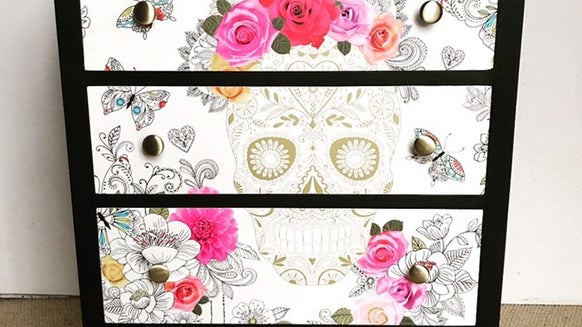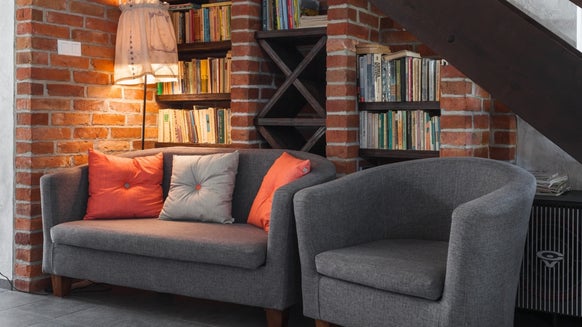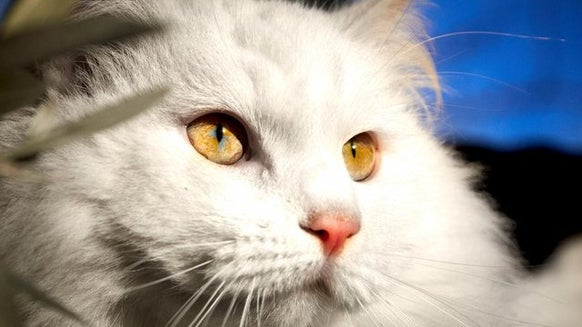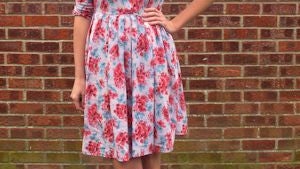Zero Waste – Is It a Realistic Goal?
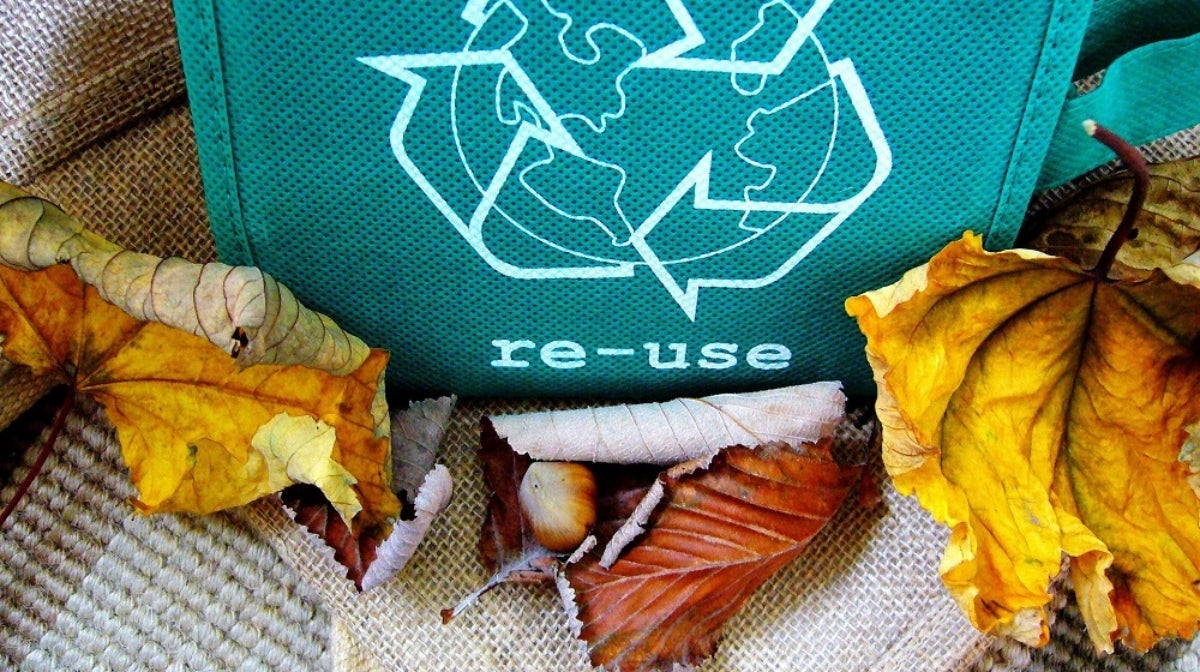
To mark Zero Waste Week, we got in touch with Rachelle Strauss, the founder of the website Zero Waste Week. She started her blog My Zero Waste back in 2008 and she shows us that following a Zero Waste lifestyle really isn't that complicated.
Zero Waste, you ask?
Well, it refers to 90% diversion from landfills, incinerators and the environment. People who strive towards a Zero Waste lifestyle also commit to a goal of reducing the amount of materials discarded, and any discards going to thermal processes as part of a continuous improvement system to zero. Supporters of this movement talk about the Five Rs:

We asked Rachelle what led her to decide on a change in lifestyle, how it can be carried out in the UK, what we can do to start living sustainably, and what still needs to be done.
Keep up to date with all things Zero Waste with the hashtag #zerowasteweek on Twitter!
Rachelle Strauss is the founder of ZeroWasteWeek.com, a leading social media campaign for helping householders reduce landfill waste. Her work has attracted media stories and engagement in documentaries, film and radio both locally and abroad. Zero Waste Week 2015 had a global reach of 35 million people.

